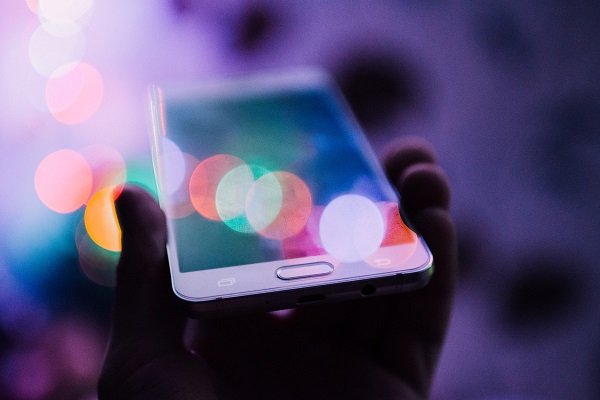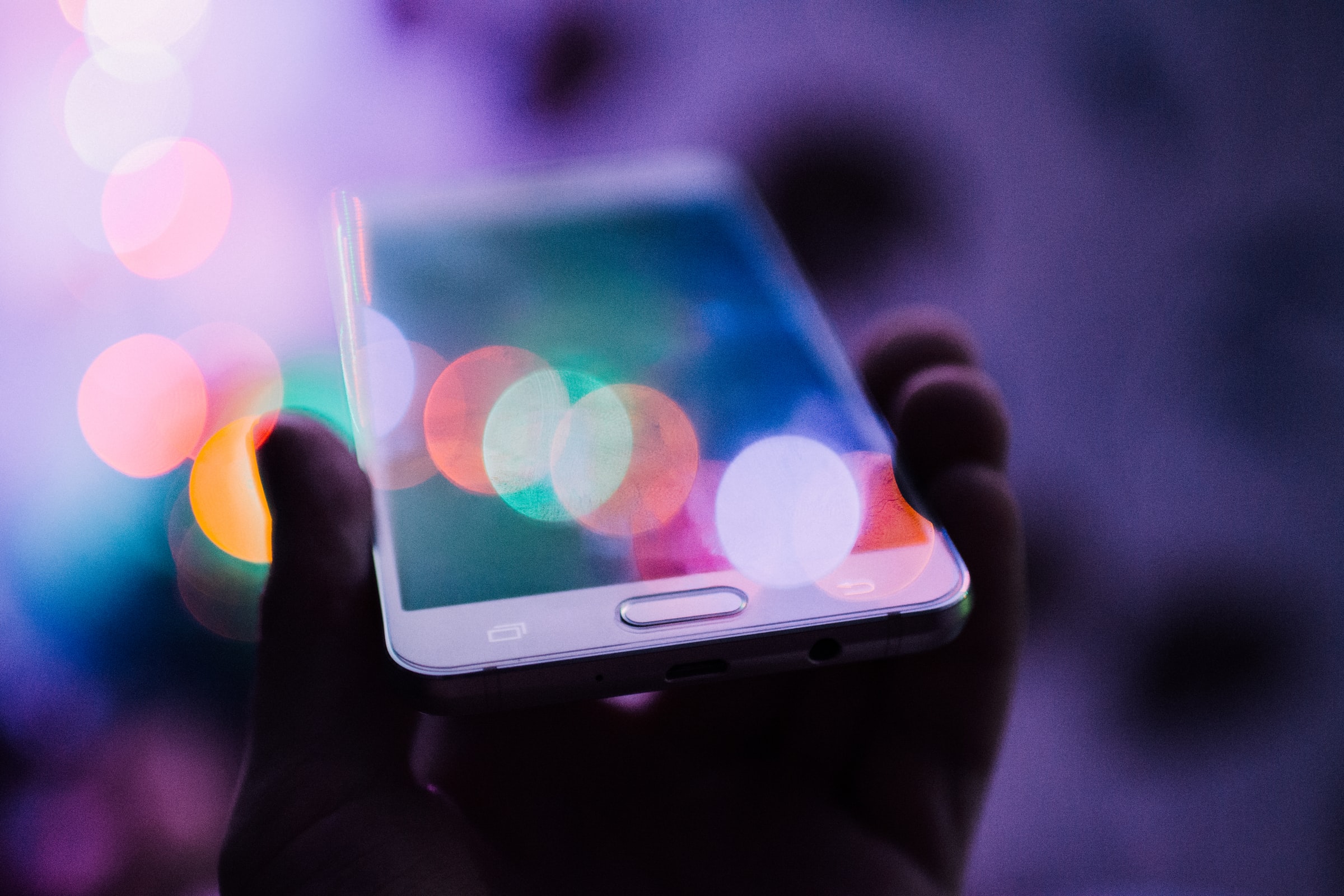
The novel coronavirus pandemic is dominating American lives but surviving this global crisis is especially challenging for the 43 million family caregivers who provide 83 percent of the long-term care for the older population, many who have been separated from loved ones by social distancing rules.
One answer may come from age-tech solutions, a growth industry the Consumer Technology Association predicts will be a $29.8 billion market by 2022. COVID-19 may help accelerate the adoption and growth of age-tech with social connectivity, telehealth, remote monitoring, personal safety and health tracking, entertainment and more. AARP reported last year 51 percent of older Americans say they bought some tech product with many purchases influenced by family caregivers whose priorities are staying connected and keeping loved ones safe. Below are a few examples of how age-tech companies are helping caregivers overcome the challenges of COVID-19.
Social Distancing Doesn’t Have to Mean Social Disconnecting
According to Pew Research, an increasing number of older men as well as women over age 85 live alone accounting for 12 million seniors nationwide. Many caregivers have had to balance fear of infecting their older, more vulnerable loved one with despair over not being able to provide hands on care.
David Inns, CEO of Great Call, which offers health and safety products and services for older adults, including mobile products and apps, cellular service, and wearable devices, advises these challenging times make people more open to new tools, including passive remote monitoring systems and personal emergency response systems.
To weather the pandemic storm, Great Call offers UrgentCare app access to registered nurses for telehealth and its 5Star Urgent Response one-touch personal emergency help. But perhaps more importantly, the company has developed a dedicated team of customer service professionals specially trained on understanding and supporting the needs of an older population. Since COVID-19, the company reports fielding higher customer conversations due to the loneliness of being isolated. This high touch personal connection has also provided support and comfort to family caregivers of older loved ones living alone.
One Great Call customer expressed her gratitude over the help in caring for her mother, “I appreciate you immensely… I try to keep mom safe and do everything I can to keep track of her and make sure she is ok … I really appreciate your help… You have been wonderful, be safe and I appreciate you guys for still being there with everything that is going on in the world, so I thank you.”
For family caregivers who may have begun this pandemic with no technology tools to connect them to loved ones, products like the Great Call Jitterbug phones or Lively mobile devices and wearables are easy to set up and can be purchased with curbside pick-up or free home delivery from Best Buy, which acquired Great Call last year.
“As we adjust to changes in routine and lifestyle as a result of the pandemic, it’s critical to prioritize socialization and mental health,” added Inns. “We always want to be there for our customers, but in times of heightened uncertainty, feedback like this ensures us that we’re doing truly meaningful work, which is what we’ve set out to do from the beginning.”
Bridge the Divide with Loved Ones in Long-Term Care
During the COVID-19 crisis, family caregivers have been distraught over not being able to visit their loved ones given restrictions and guidelines for safe social distancing in senior residential communities.
Many assisted living and nursing homes have adopted the GrandCare Systems which includes a touchcomputer and monthly service subscription for remote monitoring as well as telehealth visits and videochatting. While some communities underwrite the cost of the system, families typically pay for the monthly subscription for the service.
“They say a picture is worth 1,000 words,” said Laura Mitchell, CEO of GrandCare Systems. “It’s always best to be able to get some real virtual face to face time with a loved one in addition to auditory conversation.”
The optimal plan is to connect with a loved one at the same time every day. Not only does this routine provide peace of mind and something to look forward to for family caregivers and their older loved ones, but psychologists note routine reinstates control and has a calming effect on the disruption the coronavirus has created.
“As we adjust to changes in routine and lifestyle as a result of the pandemic, it’s critical to prioritize socialization and mental health.”
— David Inns, Great Call
Mitchell advises videochatting is particularly beneficial if a loved one has hearing problems and relies on being able to see someone speaking. Also, since residents are not just being isolated from family but from other residents with group activities eliminated in most long-term care communities, residents can also video chat and message other residents from within the GrandCare system of subscribers.
Connect Your Caregiving Tribe with Real Time Updates
Family caregivers are also looking for solutions to keep in touch with busy and overwhelmed staff in residential communities. Outpatient, a caregiver collaboration app, includes scheduling, group updates, health tracking and other metrics beneficial for family caregivers, extended friends and family as well as health care professionals in both long-term care and acute care settings. The start-up company recently added a Virus Tracker app specifically designed for senior living communities who can use it for free during the pandemic to oversee the lives of approximately 2.5 million at-risk older adults.
“Right now we have an opportunity and obligation to help caregivers feel close to their loved ones and to help them communicate with their tribe,” said Peter Yewell, COO and co-founder of the app who was a caregiver for his mother. “We’re paying it forward by removing any barriers for caregivers, seniors and health care professionals to stay connected during this crisis.”
Stream Wellness for both Older Adults and Caregivers
Nielsen reported that streaming services in the Seattle area, increased 22 percent the week of March 10. Previous crisis events have seen streaming subscriptions jump by as much as 60 percent. Known as the “Netflix of active aging,” Spiro100 offers streaming wellness videos, such as meditation, yoga, tai chi and music therapy, regardless of age, ability or physical location.
“It’s vital to engage in content that boosts mood and physical health especially in this time of the COVID-19 crisis where gyms are closed and senior living is limiting group activity,” said Alex Rochestie, co-founder of Spiro100.
The company announced 30-day free access to its streaming wellness content accessed via smart TVs and mobile apps in a senior living facility or at home at tv.spiro100.com.
“Our greatest need right now, whether you are an older adult or family caregiver, is to stay healthy and active even if we have to be isolated,” advised Ritchie.


